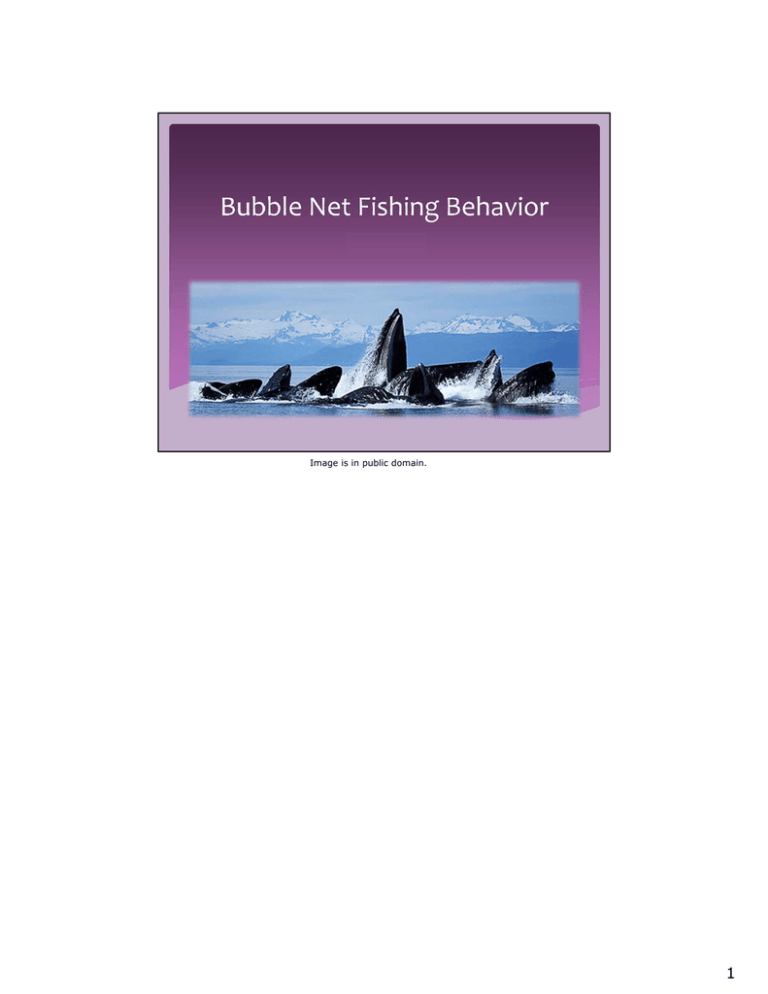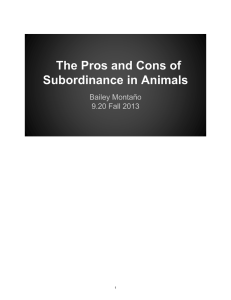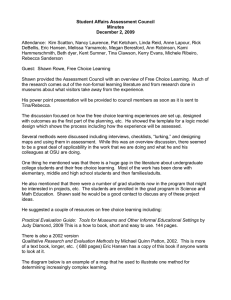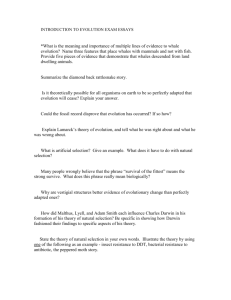1 Image is in public domain.
advertisement

Image is in public domain. 1 [Strange phrase: More information is needed. When and where do they give birth?] 2 Courtesy of National Oceanic and Atmospheric Administration. Image is in public domain. 3 Courtesy of nemilar on Flickr.License CC BY-NC. Courtesy of The Sun and Doves on Flickr. License CC BY-NC-SA. Bubble Net Hunting in Action Click the link to start the video. Do not play entire video, too long for presentation 5 Courtesy of Christin Khan, National Oceanic and Atmospheric Administration. Image is in public domain. 6 7 Figure removed due to copyright restrictions. Reference: Figure 1 & 3a,b from Leighton, Tim,Dan Finfer,et al. "An Acoustical Hypothesis for the Spiral Bubble Nets of Humpback Whales and the Implications for Whale Feeding." Acoustics Bulletin 22, no. 1 (2007): 17-21. Physical representation of bubble net fishing behavior 8 Last bullet point is the main reason why the bubble net hunting behavior works 9 Courtesy of National Oceanic and Atmospheric Administration. Image is in public domain. 10 11 The whales are too large so the tank to hold a dozen whales at once is near impossible You could feed a group of whales very frequently so they have no need of the group feeding pattern. Would they do it anyway? 12 Figure removed due to copyright restrictions. Please see the map of the long migration of the Humpback whale from Grid-Ardenal©. 13 Valsecchi study focused on whether bubble net fishing was based on purely reciprocal altruism or whether there was more of a genetic link that caused kin to pass the behavior down through the species. 14 Courtesy of William Warby on Flickr. License CC BY. Image is in public domain. Source 4 This slide is to discuss future implications with the behavior and what we can do next. Need evidence of the learned nature of this kind of feeding. How are the young whales taught? What are the ages of the whales participating? Do all the whales in a group participate? (From your descriptions, this type of feeding could be a conditional behavior, practiced only under certain conditions.) 16 Courtesy of CityTalk on Flickr. License CC BY-NC-SA. 17 20% Relevance to class: Cite specific ideas or principles of ethology and sociobiology . . 20% Sources: search effort, reading effort, adequacy for the report and accuracy of understanding . . 20% Organization of ideas with helpful use of headings; clarity of descriptions . . 20% Examples used to explain the topic clearly and effectively; interest shown by student and . generated in audience . . 20% Critique of studies read and future directions (your ideas about relevant work you think . should be done if you were working in this field). . . 18 MIT OpenCourseWare http://ocw.mit.edu 9.20 Animal Behaviour Fall 2013 For information about citing these materials or our Terms of Use, visit: http://ocw.mit.edu/terms.




